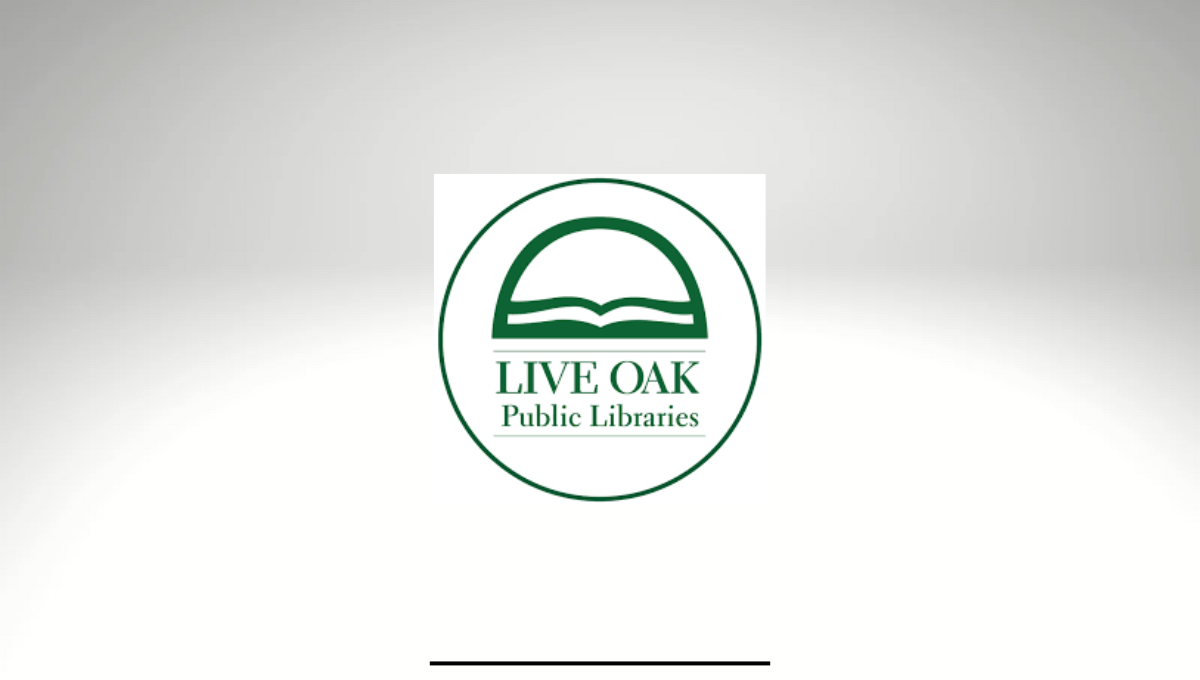
Additional funding for Live Oak Public Libraries is on the way from the state.
The Georgia Department of Economic Development (GDEcD) team specialized in supporting arts and culture, Georgia Council for the Arts, announced Wednesday the recipients of fiscal year 2025 Vibrant Communities and Cultural Facilities competitive grant awards to support organizations across the state, including in rural communities.
As part of this year’s awards, 69 entities in 51 counties will receive more than $1.4 million in funding. Live Oak Public Libraries in Effingham County is among those recipients.
The Vibrant Communities Grant supports a variety of arts programming opportunities throughout the state, including murals, artist performances in schools, community theater productions, and festivals. The Cultural Facilities Grant supports capital improvements to or construction of buildings to be used for arts programming, including existing buildings that are historical or prominent in the community.
“Georgia Council for the Arts continues to be an important resource to communities and the grants announced today will make a difference for them as they preserve special venues that bring people together and support diverse arts programming that inspires creativity and connection,” said Georgia Department of Economic Development Commissioner Pat Wilson. “The arts industry is fundamental to GDEcD’s mission of bringing jobs, hope, and opportunity to Georgians. By attracting visitors to our towns and expanding educational opportunities, arts organizations enhance quality of life and drive job creation in every corner of the state.”
Georgia Council for the Arts (GCA) received applications for Vibrant Communities Grants from schools, libraries, museums, cities, historical societies, community theaters, dance companies, Boys & Girls Clubs, and multi-disciplinary arts and other related organizations. In an effort to support projects across the state, Vibrant Communities Grants were awarded to entities in counties in which no organization had already received Georgia Council for the Arts funding for the fiscal year 2025 grants cycle. Cultural Facilities Grants are available to arts organizations for repairing, preserving, renovating, constructing, or acquiring an arts facility, or for purchasing equipment.
“Arts are at the heart of what makes our communities feel like home. GCA grants provide essential funding for arts organizations, which helps them achieve their goals, raise awareness of their activities, and strengthen the identity of their communities,” said Georgia Council for the Arts Executive Director Tina Lilly. “By supporting the arts, we’re not just supporting events but investing in a more vibrant and resilient Georgia.”
As a standard practice, Georgia Council for the Arts uses Peer Review Panels to judge and review competitive grant applications following standard practices set by the National Endowment for the Arts. Panelists are GCA Council members and fellow professionals who are experienced in the arts discipline or type of grant being reviewed, or are citizens with a record of arts activities, experience, and knowledge.
Funding for these grants is provided through appropriations from the Georgia General Assembly. This year, Cultural Facilities Grant awards are also supported by funding from the American Rescue Plan (ARP). This additional supplementary funding for three fiscal years has allowed GCA to award an increased amount of Cultural Facilities Grants to help combat the devastating effects of the COVID-19 pandemic on arts organizations in the state. More information about future grant cycles will be available in December on gaarts.org.
GCA grants allow Georgia nonprofit arts organizations to focus on their mission while benefiting local economies, revitalizing downtowns, and educating young Georgians to become part of an innovative, globally competitive workforce. A recent study shows that nonprofit arts and culture in Georgia deliver a minimum economic impact of at least $1.27 billion and support nearly 20,000 jobs.
This is a press release.
